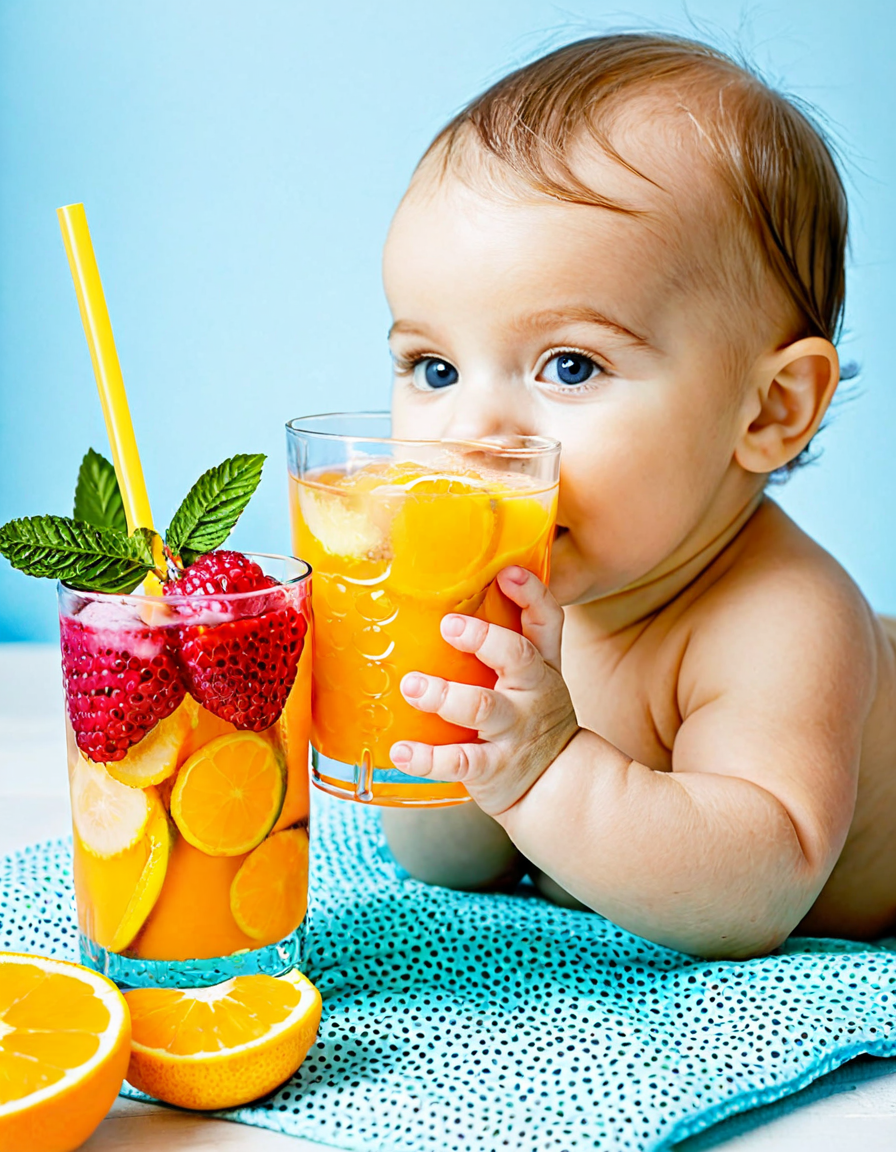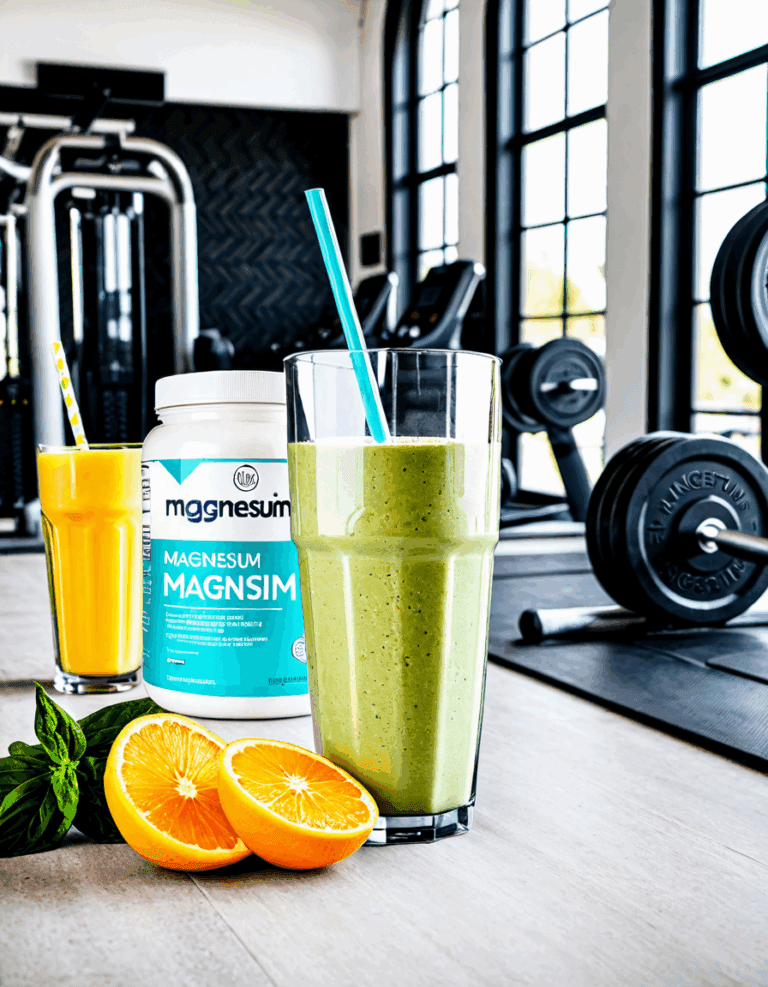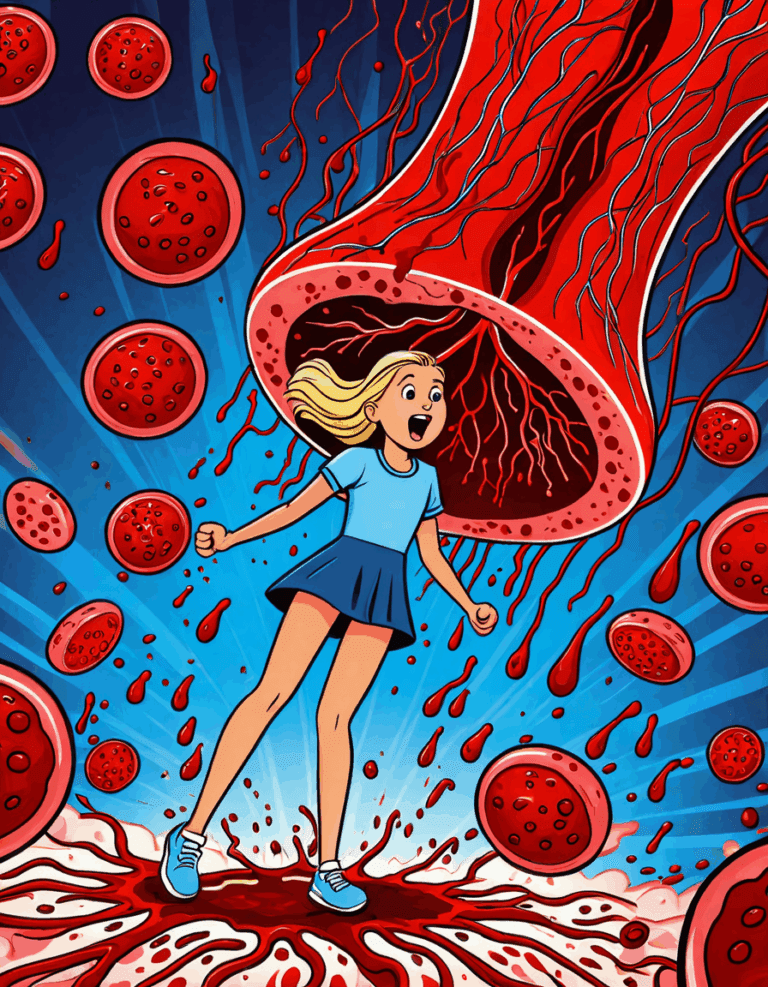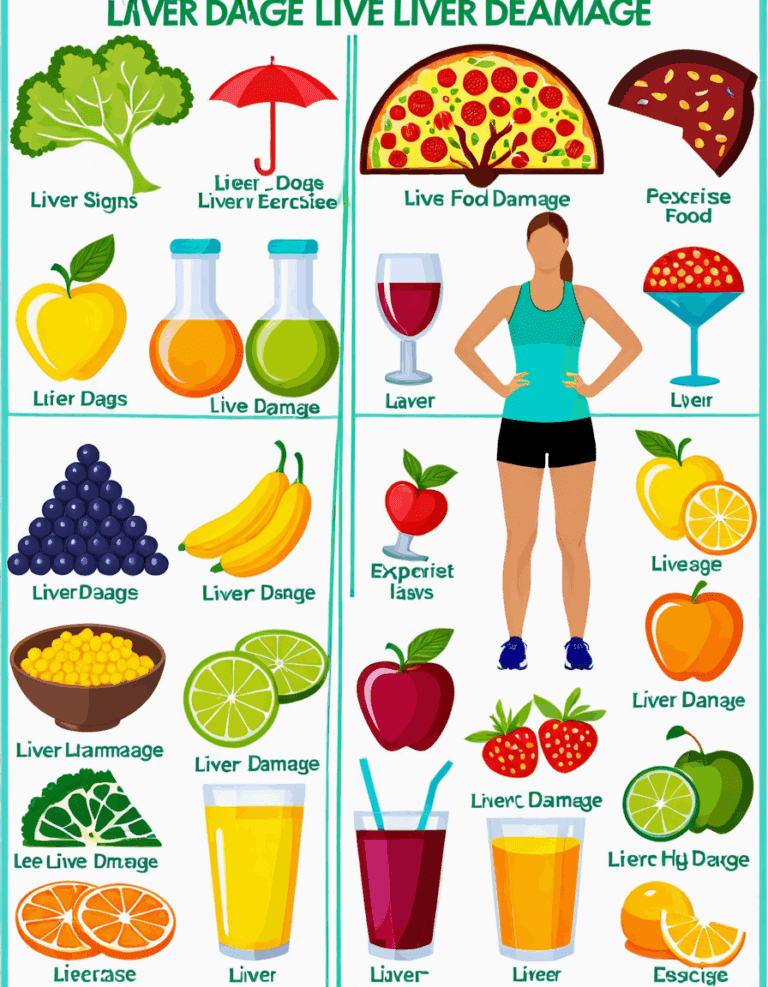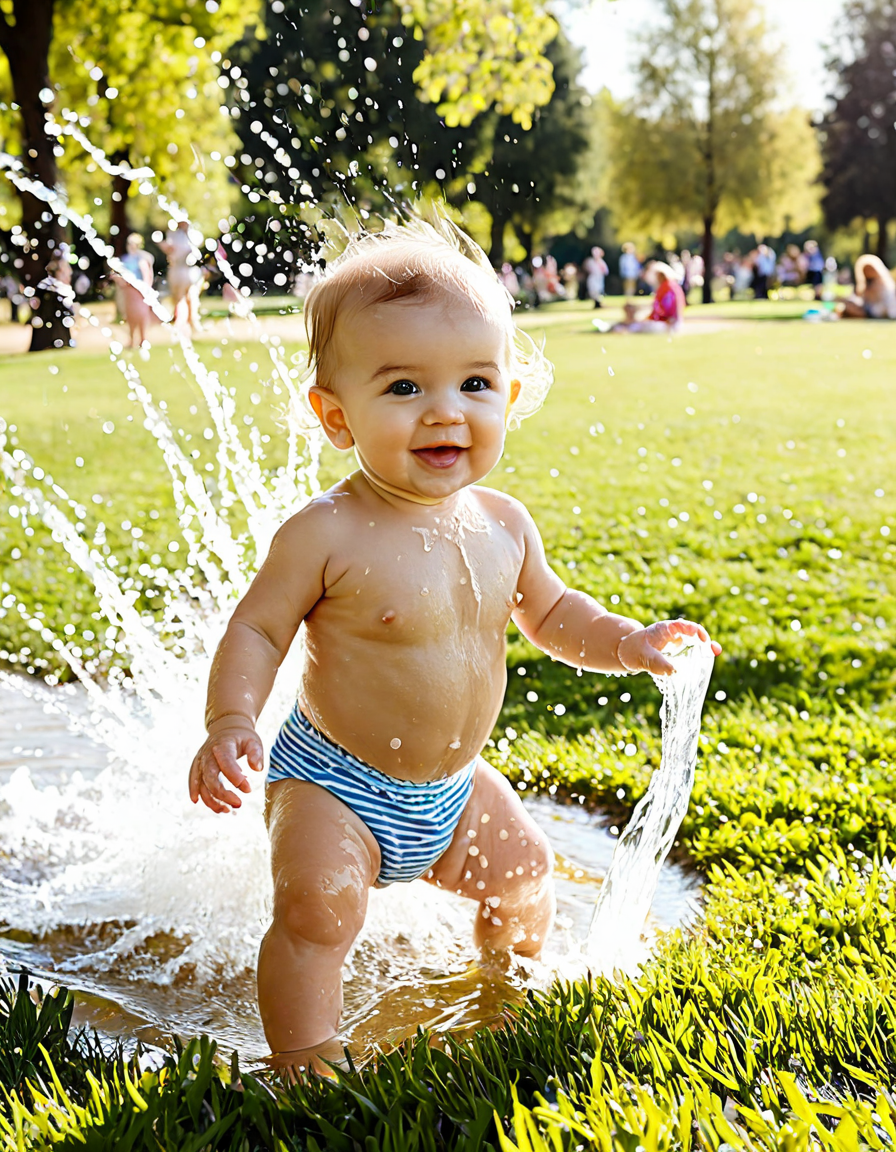Maintaining proper hydration is crucial for infants and toddlers, yet many parents struggle to determine when to introduce water to their baby’s diet. Understanding when can babies have water is essential for ensuring they stay healthy and develop properly. Here, we’ll break down the timeline and key implications of introducing water for healthy hydration.
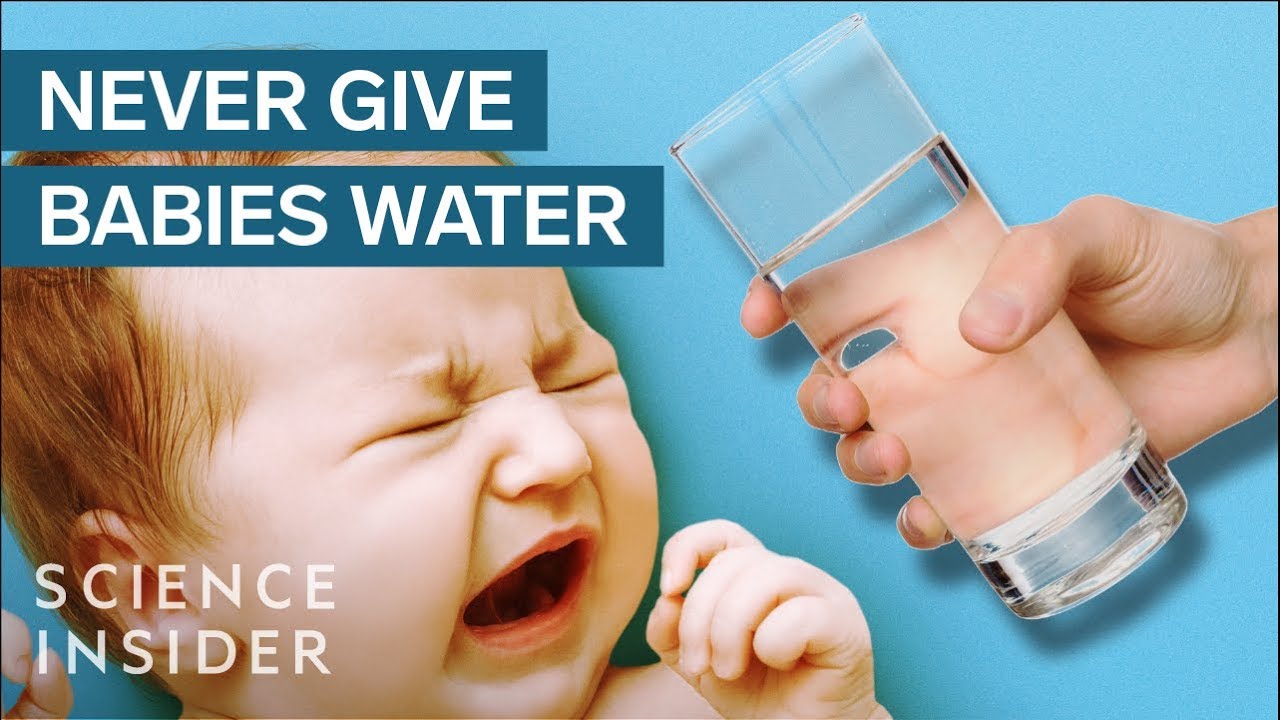
Top 5 Signs It’s Time to Introduce Water
Experts recommend introducing small amounts of water after the age of 6 months. This is typically when infants start consuming solid foods. Without adequate hydration, they may face risks of dehydration. At this age, babies benefit from additional fluids, especially as their food intake expands.
As babies move onto solids, their nutritional needs change significantly. Introducing water around 6-12 months helps maintain hydration levels as they start eating saltier foods, like pureed meats and cereals. The American Academy of Pediatrics highlights how critical it is to offer water during this new phase to keep babies adequately hydrated.
When babies become mobile—usually between 9-12 months—they often need extra hydration. If you see your little one moving around more and sweating, it’s time to offer small sips of water. This becomes especially crucial during hot summer days when hydration needs spike.
Watch for warning signs like dry lips, decreased urine output, or lethargy. If you notice any of these symptoms, you should provide extra fluids for your baby. As soon as they reach the appropriate age, introducing water becomes essential in maintaining good hydration.
Every child is different. Discussing your child’s hydration needs with your pediatrician can provide personalized guidance. They can help determine the right time to introduce water based on your child’s specific health conditions and needs.
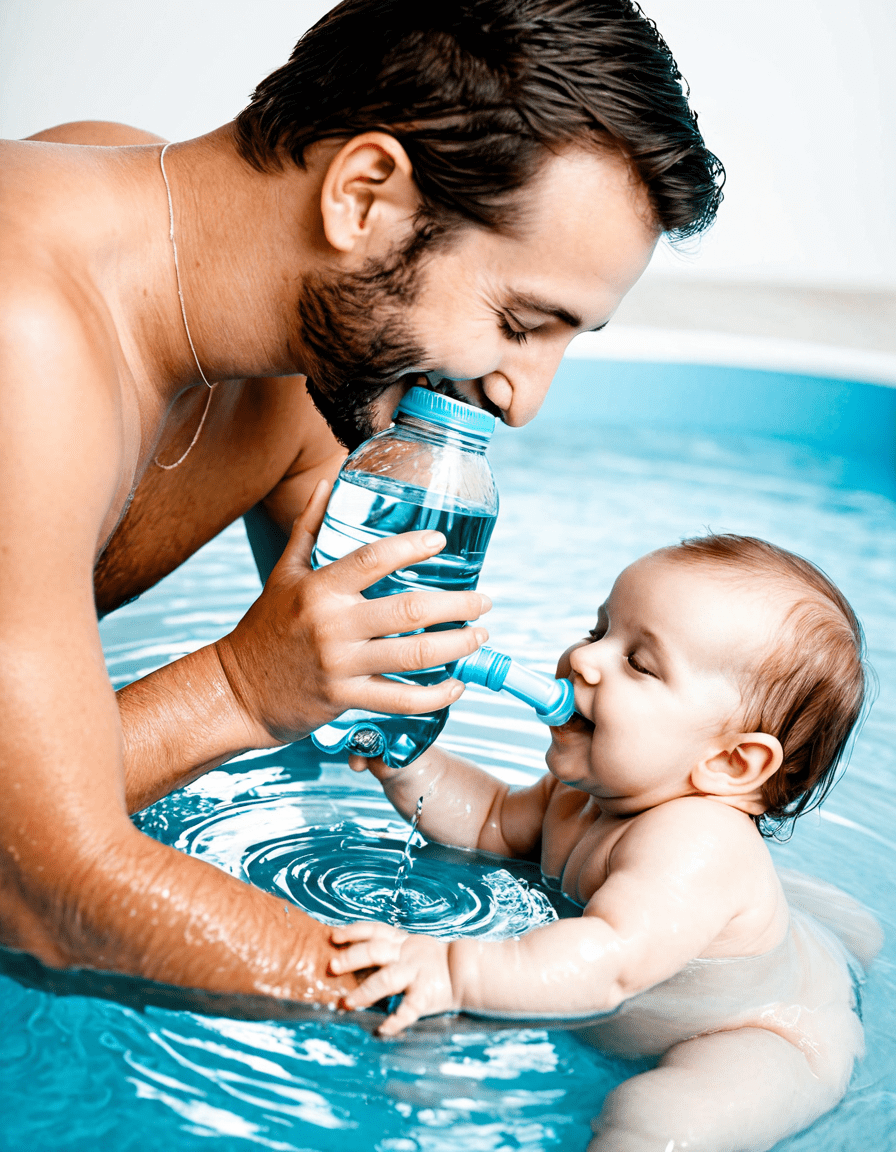
Practical Tips for Introducing Water Safely
Begin by offering just a few sips of water in a sippy cup. Brands like NUK and Munchkin make great products that are easy for babies to handle. This allows you to observe their reaction to the taste and texture.
Though flavored waters and juices might be tempting, keep the focus on pure water. Sugary drinks can hurt your child’s dental health and set a precedent for poor hydration habits later on.
Pay attention to your baby’s reactions. If they’re uninterested in the water, don’t force it down. Some babies may prefer the sweetness of breast milk or formula and will take their time getting used to water.
Maintaining balance in what your child consumes is key. Overhydration can also be risky, so it’s important to monitor the mix of breast milk, formula, and introduced water.

Addressing Common Parental Concerns
Parents often have other questions beyond just when can babies have water. Here are some common concerns:
Yes! For most antibiotics, drinking water is essential. However, it’s always best to check with a healthcare provider for specific instructions regarding timing and food intake.
Surprisingly, cats can eat small portions of bananas. However, it’s not necessary for their diet. It’s similar in principle to understanding your baby’s hydration needs: aim for species-specific nutrition.
A little honey can be beneficial for dogs, but consult your vet first, especially for puppies or dogs with existing health issues. Keeping hydration in mind for pets is just as crucial as it is for your baby!
Recent research shows that dogs can contract COVID-19, though cases are rare. Safety protocols need to apply to all family members, both human and furry.
Yes, dogs enjoy bananas in moderation! Just like babies gradually incorporate water into their diets, pets can enjoy safe foods that benefit their health.
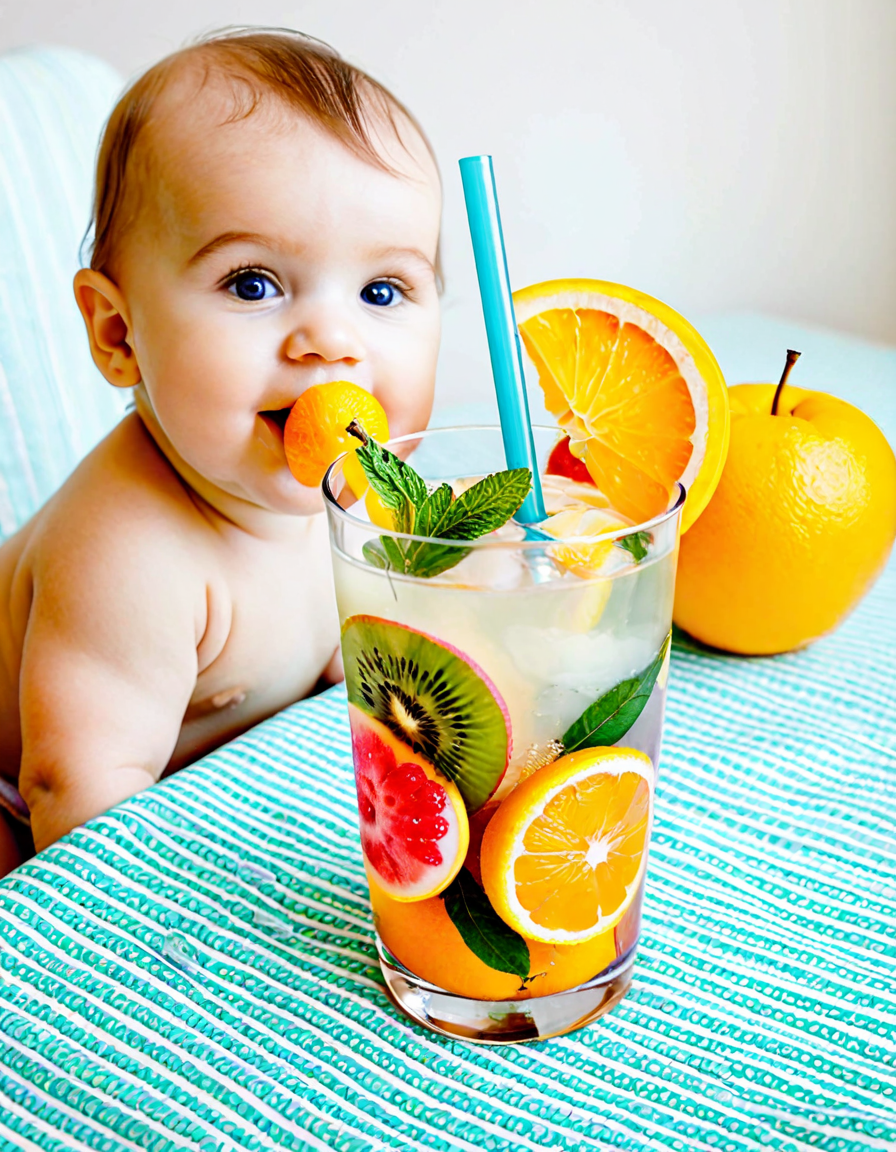
The Path Forward to Healthy Hydration
Building good hydration habits starts early, and knowing when can babies have water is a must for their health. Introducing water at around six months enhances their well-being. By following proper guidelines, parents can ensure their little ones stay hydrated as they grow and develop.
Nurturing a child is a journey filled with learning, and as hydration rules change, so should parental knowledge. Empowering parents with accurate information fosters lifelong healthy habits. Keep your baby hydrated, watch them thrive, and remember: parental instinct combined with expert advice leads to a happier, hydrated future.
Ready to dive deeper into hydration and health? Don’t forget to check out more insights on supplements and wellness, like The best omega 3 supplement and Puritan ‘s Pride. With a strong foundation in hydration, your little athlete is poised to grow up strong and healthy, ready to take on the world!

When Can Babies Have Water: Fun Trivia and Interesting Facts
When can babies have water? It’s a question many new parents ponder, and the answer is pretty straightforward. Generally, most experts agree that babies can start sipping on small amounts of water around six months old, but it’s best to wait until they’re experiencing solids. Before that age, babies get all their hydration needs from breast milk or formula, so there’s really no rush. Speaking of dogs and their unique dietary needs, did you know that while they can have milk, it’s often better for them to stick to water? Just like babies, proper hydration is crucial for our furry friends!
Once you’re ready to introduce water, it’s also important to monitor how much they’re drinking. Too much water can actually lead to a condition called water intoxication, kind of like how certain substances can be harmful to kids, much like the issues surrounding a “child addict, here’s what you do.” This means you should offer water in moderation and look for signs that your little one is getting enough hydration. Interestingly enough, just as some families might wonder about the health benefits of adding seafood to their diet and delve into the chicken-or-the-egg debate of prawn Vs shrimp, parents often question the best practices for young children’s hydration.
Moreover, the health journey doesn’t end with water. It’s a holistic path, similar to how people might consider key elements in pop culture, like the delightful cast of Shark Tale that your kids might enjoy. Alongside water introduction, proper nutrition, like fruits, and veggies, and regular pediatric check-ups play vital roles in ensuring your little one’s health. And as you keep tabs on every milestone, remember to stay informed about everything from hydration safety to things like drug testing in families, which can impact health discussions around kids—ever mindful of how substances, including things like ketamine, can affect young lives. So, keep it fun, engaging, and educational for the whole family!
